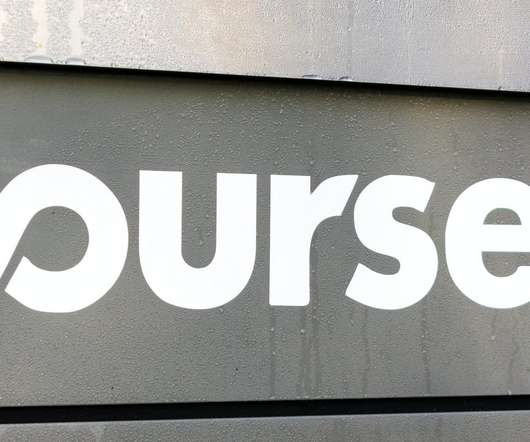Harvard and MIT Launch Nonprofit to Increase College Access
Edsurge
APRIL 13, 2023
What would you do if you had $800 million to build a new nonprofit to support innovation in online learning? The $800 million underpinning the effort derived from a controversial decision by the two universities in 2021 to sell their edX online learning platform to 2U.





















Let's personalize your content